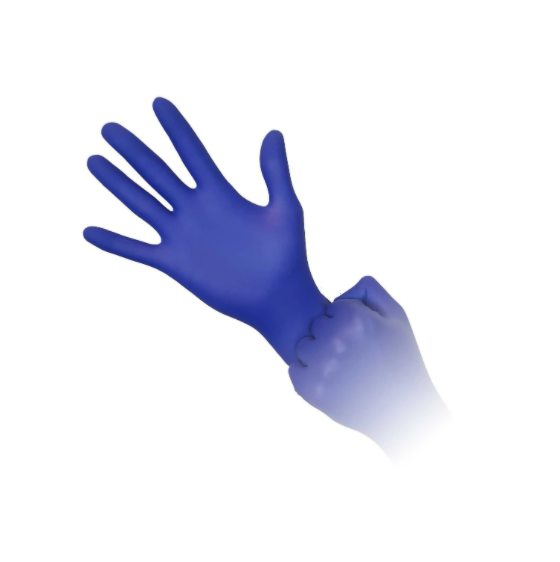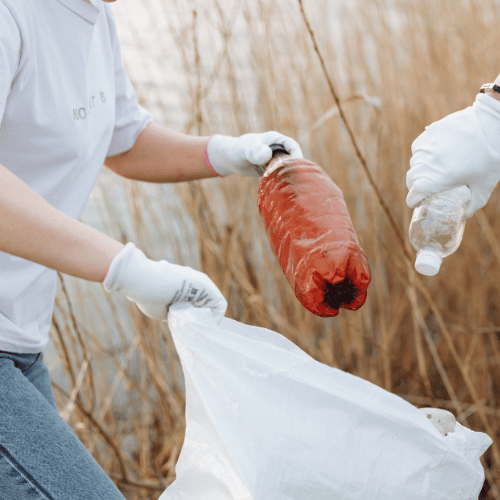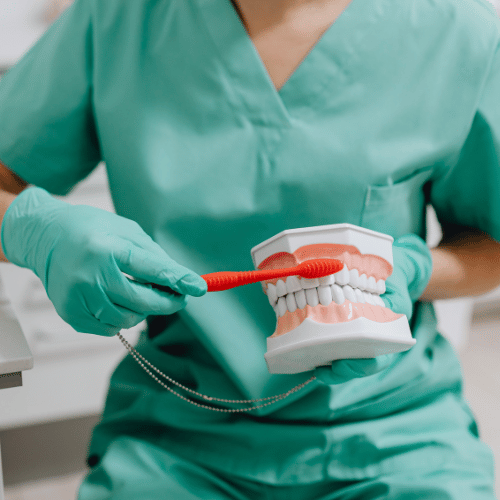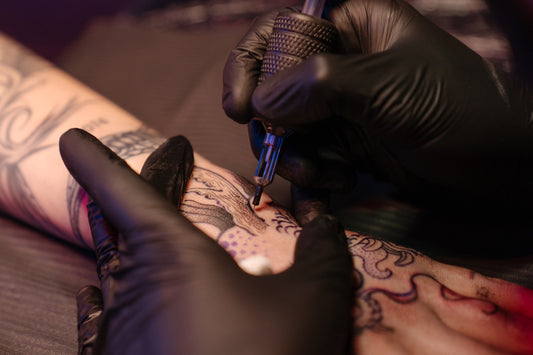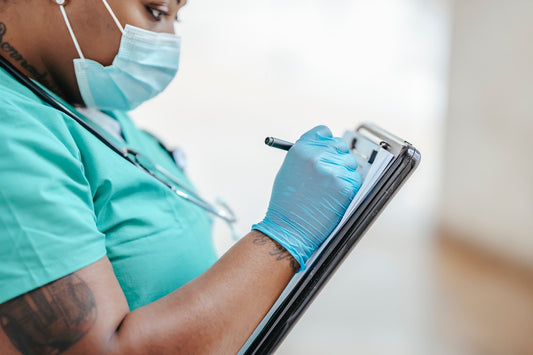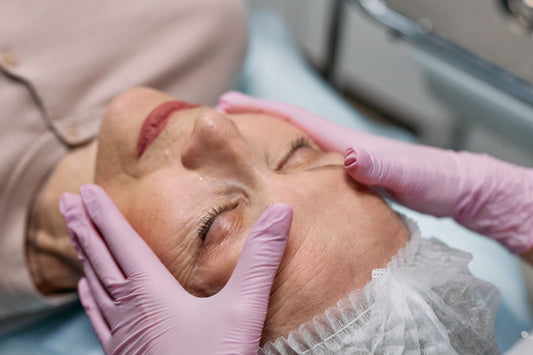The COVID-19 pandemic has taught us just now outstanding, selfless, and caring humans can be. However, it also highlighted some other crude aspects of human nature: the manufacturers of fake and non-compliant personal protective equipment (PPE). Naturally, the demand for PPE has spiked since the beginning of the pandemic. There is an unprecedented global demand for face masks, medical gloves, and cleaning supplies. During these already incredibly challenging times, millions of counterfeit PPE items are emerging on the market.
The US Center for Disease Control and Prevention (CDC) has come across a significant number of counterfeit and non-compliant masks and other PPE appearing in the US market. Counterfeit PPE represents a substantial hazard to the unaware user.
Read on to learn more about fake PPE and how to avoid buying it.
The world of fake PPE:
We know PPE is made to help keep us and those around us safe. What happens when people buy fake PPE? It may be more important than you thought to know exactly where the PPE you're using to protect yourself is coming from. This new underground world of counterfeit PPE is generating billions of dollars. Most of the counterfeit products are on sale from online vendors. Dishonest suppliers and middlemen exploit the global health crises to sell fake life-saving PPE, which poses a severe health risk to anyone using them.
Fake PPE can be life-threatening. Items like faulty nitrile gloves and low-quality disinfectant wipes can actually increase someone's risk of contracting COVID-19, or any other illness for that matter. This equipment compromises users by exposing them to the pathogens their PPE should be protecting them from.
What to look out for?
The U.S. Customs and Border Protection have been seizing counterfeit PPE shipments since the issue was brought to their attention. While there are plans in place to help prevent buyers from purchasing fake items, the number of counterfeit manufactures is on the steady incline, making it increasingly harder to keep up.
Be sure the personal protective equipment you’re using is approved for use in the United States. It’s also important to understand the difference between medial and non-medical PPE. To learn more, the FDA issued this statement about face masks and surgical masks for COVID-19.
The most common types of counterfeit PPE:
The equipment in dire need like masks, sanitizing wipes, and rubber gloves are often the most at risk. These items are in high demand and easy to reproduce, making them major targets for counterfeits.
Where to buy legitimate PPE?
Do you know to protect yourself against buying fake PPE? Brands trying to mass-produce low-quality items to make a quick buck can severely impact the person. PPE is life-saving equipment if it's made correctly. Consumers unknowingly buying PPE that's made cheap can be life-threatening. At GRJ Health, we don't just supply effective, high-quality PPE; we're in the fight to try and educate as many people as possible about the dangers of fake PPE.
We work with some of the largest, most trusted companies in the world. Companies and individual consumers worldwide have unknowingly provided front-line workers with fake versions of "nitrile" or synthetic rubber gloves. We carry 100% genuine, safe, high-quality nitrile gloves. We offer various colors, thicknesses, and our supplier is the second-largest glove manufacturer in the world. All of our supplies are warehoused here in the USA. We ship straight to your business or your front door directly from our facilities.
When it comes to buying PPE, especially on the internet, it's essential to be 100% sure you're buying from an honest, reputable business.
What to do if you suspect you bought fake PPE?
According to The Federal Trade Commission (FTC), countless new websites are selling fraudulent PPE. If you think your PPE may be compromised, first, immediately remove the equipment from service.
Next, do some research about the equipment supplier. Are they a legit company? Do they have contact information? If you are a victim, you can report the company and the FTC.
